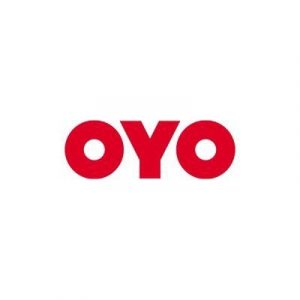Snapdeal, an e-commerce platform, has filed preliminary documents with the Securities and Exchange Board of India (Sebi) to raise capital through an initial public offering (IPO), joining a growing number of internet-based companies seeking to list on domestic stock exchanges.
According to the draft red herring prospectus, the public offering will include a new issuance of equity shares totaling 1,250 crore and an offer for sale (OFS) of 3.07 crore equity shares (DRHP).
Also read: Softbank-backed Snapdeal files for IPO
According to market insiders, Snapdeal’s possible offering may be worth $1.5-1.7 billion.
The founders of Snapdeal, Kunal Bahl and Rohit Bansal, will not sell any of their shares in the IPO.
Starfish I Pte, Wonderful Stars, Sequoia Capital, Kenneth Stuart Glass, Myriad Opportunities Master Fund, Ontario Teacher’s Pension Plan Board, Laurent Amouyal, and Milestone Trusteeship Services are among those selling shares in the OFS.
The proceeds from the new issuance will be used to fund organic growth plans, develop logistics capabilities, and improve the company’s technological infrastructure. The issue’s book running lead managers are Axis Capital, BofA Securities India, CLSA India, and JM Financial.
A strong response to Zomato’s IPO, as well as a lucrative listing in July, has spurred a slew of internet-based companies to pursue this path.
Also read: OECD issues rules for implementation of minimum 15% tax on MNCs
Since then, a number of internet-based enterprises have gone public, including Nykaa, Paytm, and PolicyBazaar. Paytm, on the other hand, one of the most eagerly anticipated IPOs, had a mediocre debut.
Snapdeal is an e-commerce firm that concentrates solely on the value market, with more than 90% of its products priced under a thousand rupees and more than 80% of its users live outside of big cities.
Snapdeal, once a dominant player in the Indian e-commerce market, has seen its fortunes plummet in the face of fierce competition from Amazon and Flipkart.
Snapdeal turned away from a proposed merger with Flipkart in 2017 in favour of pursuing its “Snapdeal 2.0” goal to become “financially self-sustainable.”
Softbank, BlackRock Inc, Temasek Holdings Pte, and eBay Inc have funded the company, which has been investing in video, vernacular, and other strategic projects geared at expanding the internet market among new consumers, particularly those from tier II cities and beyond.
Also read: Crypto Fear and Greed Index on December 21, 2021
As part of its Bharat-focused strategy, the business developed Power Brands, the UniMove logistics technology, multilingual user support, and a discovery-based shopping method that mimics the offline path of customers.
Snapdeal wants to grow into omni-channel distribution through partner-driven offline locations as part of its expansion plans. As of the financial year 2021, offline channels accounted for 92 percent of total sales in the value lifestyle retail category.







